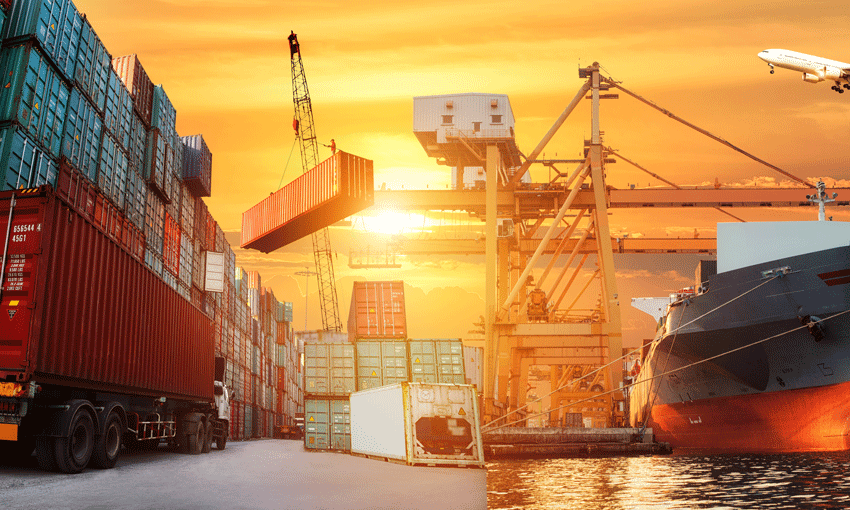PROMINENT industry groups have called for a customer incentive scheme to achieve the NSW government’s Port Botany 2021 rail mode share target at Port Botany
Freight on Rail Group of Australia, Australian Logistics Council, Freight and Trade Alliance and Australasian Railway Association and individual port rail freight operators have called on the NSW government to introduce a container rail incentive scheme for exporters and importers.
ALC board member and Qube Holdings managing director Maurice James said Port Botany rail mode share was stagnant largely due to the government issuing more permits for high productivity vehicles.
“By incentivising HPVs, government is perversely derailing their own policy to grow rail’s mode share target,” Mr James said.
Mr James said government policies were making it harder for rail to compete in the metro import container market, which is primarily within a 40km to 50km radius of Port Botany.
“All this is doing is adding more and more trucks to Sydney’s road network at a time when the NSW government rail mode share target continues to stagnate – now at 17.6 per cent – versus an official target of 28% by next year,” he said.
Mr James said now the NSW government had let the “HPV genie out of the bottle”, it would be difficult to get back on track without a container rail incentive scheme.
FORG chair and Pacific National CEO Dean Dalla Valle pointed to the success of the Western Australian government’s Port of Fremantle container incentive scheme which had delivered the highest rail mode share in the country at more than 20%.
“Prior to introduction of the incentive scheme at the Port of Fremantle in 2006-07, rail mode share was a meagre two per cent. The scheme underpinned growth of rail’s mode share which is now above 20% – the highest in the country,” he said.
Mr Dalla Valle said any rail incentive scheme could be gradually phased out once the government container volume target at Port Botany was exceeded.
Australian Logistics Council CEO Kirk Coningham said striking the right balance in modal share was essential.
“In this brave new COVID world, the economies which fine-tune and enhance their transport supply chains are the economies which will emerge stronger,” Mr Coningham said.
Director of the Freight and Trade Alliance and secretariat to the Australian Peak Shippers Association Paul Zalai said exporters, importers and freight forwarders were looking to long term strategies to manage supply chains.
“Governments must maximise port assets and manage our trade gateways through incentivisation of rail usage for imports to metropolitan sites and importantly, streamlined connectivity to regional areas to cost effectively reach export markets,” Mr Zalai said.

